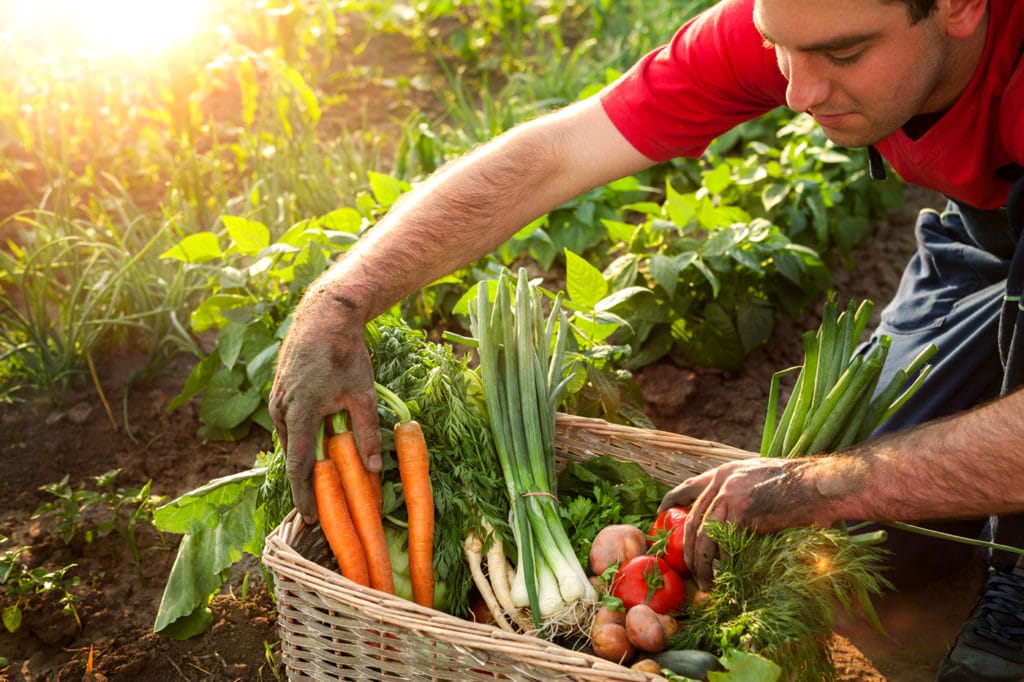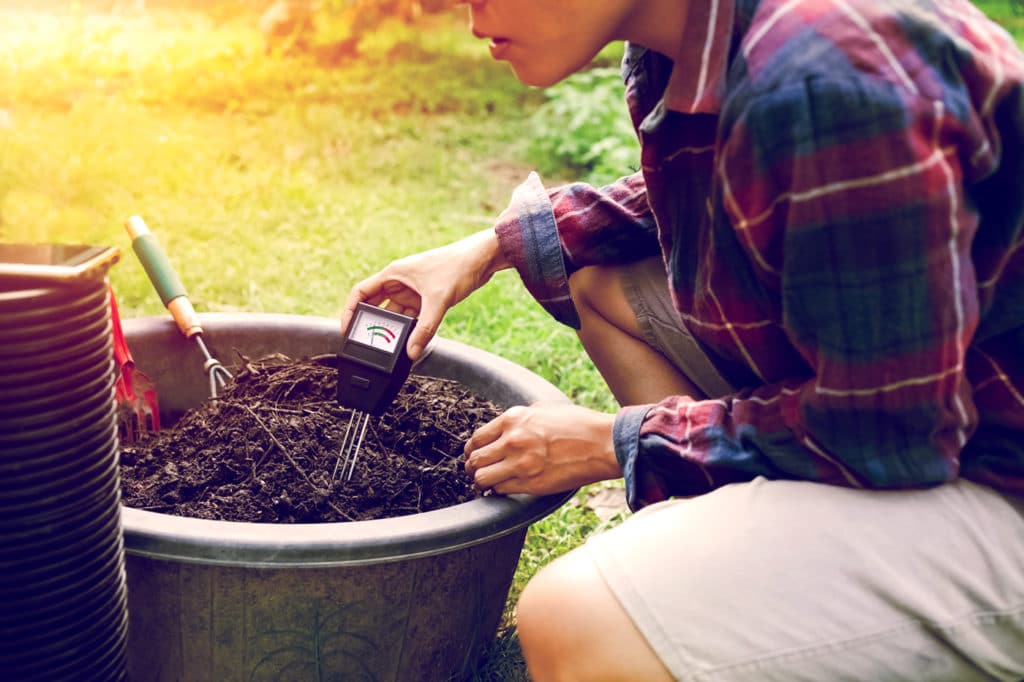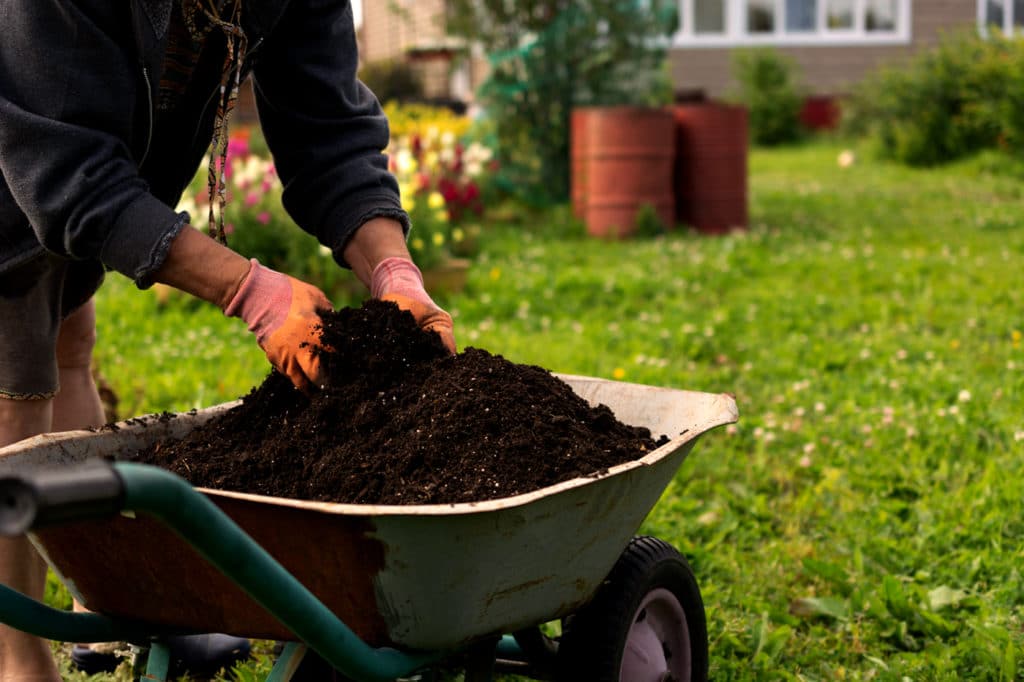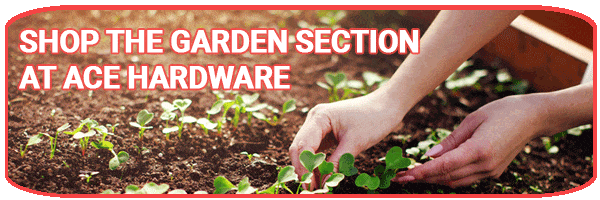4 Ways To Get Your Vegetable Garden Ready for Growing Season
Spring is an exciting time – days getting longer, temperatures are warmer and grass is greening up. Gardeners across the country can’t wait to get their hands back in the soil and are already thinking about sunny summer mornings harvesting tomatoes, peppers, lettuce and more in their backyards.
As with most things, a little preparation can go a long way into whether your project is a success. So this is a quick checklist of things you can do in your garden a few weeks before growing season. And most importantly: make sure you have the right garden tools for the job!
4 ways to get your vegetable garden ready for growing season
1) Clean out the debris that has collected over the last few months. From weed and leaves to last year’s perennial foliage and annuals, mulch, along with any sticks and branches, remove everything until you can see the bare soil. Starting with a clean slate will help you keep pests away and reduce the risk of diseases affecting your plants.
2) Test your soil. Experts recommend testing approximately every 3 to 5 years to determine if it’s lacking any nutrients or organic matter, or if you have too much of something. This will help guide you on any soil treatments, such as fertilizing.
3) Loosen the soil. Over the winter, your garden’s soil can get compacted and needs to be loosened. It’s best to work in your garden when the soil is dry and crumbly. You want to make sure you loosen up the top 6 to 12 inches of the soil so your plants’ roots can grow deep. Reminder: If you have drip irrigation, be sure to remove the hoses so they do not get damaged.
In an established gardening bed, you can use a tiller, broad fork or even a rake to break it up. In a young bed, use a shovel or digging fork in a dry bed to remove rocks and roots first.
4) Add nutrients and amend your soil. Add at least an inch of good quality garden compost or soil, such as Scott’s Garden Soil, which adds nutrients back that were lost during the previous growing season and helps make soil light and fluffy, which helps the soil retain moisture.
Even though this is a quick checklist, don’t forget that gardens take upkeep throughout the season. Starting off with these steps will help your plants have a great growing season, but don’t forget to read up on what’s best to keep your garden growing optimally month after month, right here in our Westlake Resource Section.




